- Details
- Category: Senator Steve Stadelman News
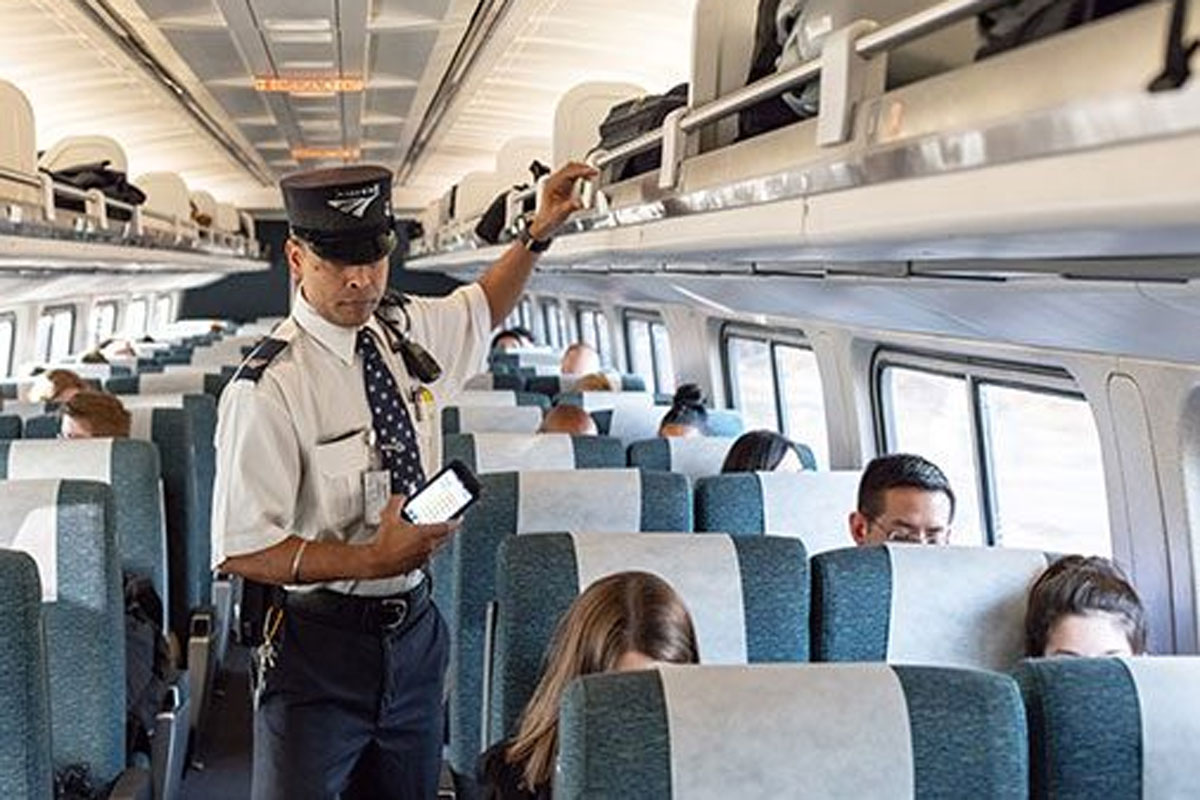 ROCKFORD – State Senator Steve Stadelman (D-Rockford) announced today that his push to restore passenger rail between Rockford and Chicago is gaining speed now that the Illinois Department of Transportation has reached an agreement to hire a project manager.
ROCKFORD – State Senator Steve Stadelman (D-Rockford) announced today that his push to restore passenger rail between Rockford and Chicago is gaining speed now that the Illinois Department of Transportation has reached an agreement to hire a project manager.
“Passenger rail service to and from Chicago holds tremendous potential for economic growth and enhanced quality of life in the Rockford area," Stadelman said. "People across northern Illinois are excited about the prospect of a rail link with Chicago, and I think it’s important to keep everyone fully informed and to include as much public input as possible."
Read more: Stadelman announces Chicago-Rockford passenger rail moving into next phase
- Details
- Category: Senator Mattie Hunter News
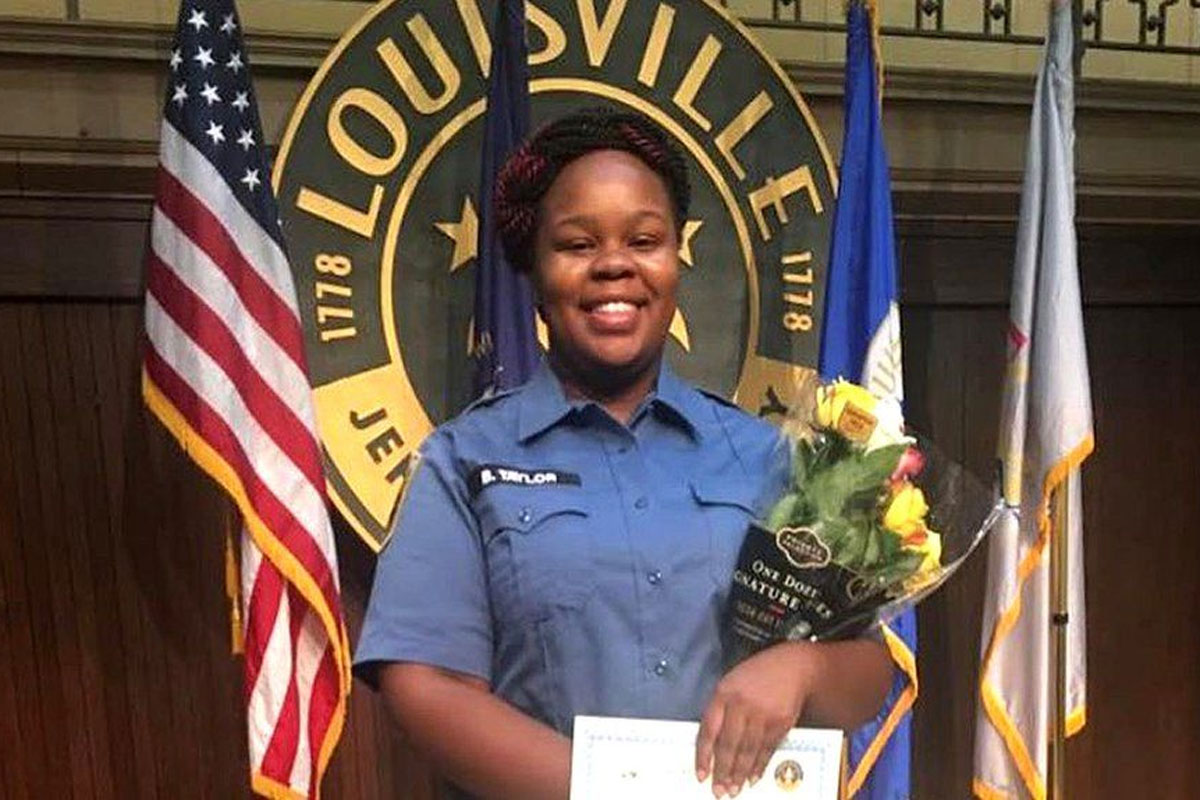 CHICAGO — State Senator Mattie Hunter (D-Chicago) issued the following statement after a Kentucky grand jury declined to indict any of the officers involved in the killing of Breonna Taylor, who was slain during a police raid in March. One former officer was indicted for wanton endangerment for firing into neighboring apartments during the botched raid.
CHICAGO — State Senator Mattie Hunter (D-Chicago) issued the following statement after a Kentucky grand jury declined to indict any of the officers involved in the killing of Breonna Taylor, who was slain during a police raid in March. One former officer was indicted for wanton endangerment for firing into neighboring apartments during the botched raid.
“Though a former officer was indicted, it was not for the murder of Breonna Taylor. It was for the endangerment of other members of her community. I’m shocked and dismayed that no one is being held accountable for Breonna’s murder.
“The message Kentucky officials are sending is simple: Breonna Taylor’s life did not matter to them. There is no criminal justice for a Black woman who was sleeping in her own bed as the police raided her home, yet her family received a settlement for her wrongful death. Where is the accountability?
“I get tired of saying this, but I won’t stop until it rings true in the ears of the people who hold the power in these decisions: Black lives matter. Black lives deserve justice. Black lives deserve better from this country, and I will not stop working to make this country a safer, more equitable place for all Americans.”
- Details
- Category: Senator Rachelle Crowe News
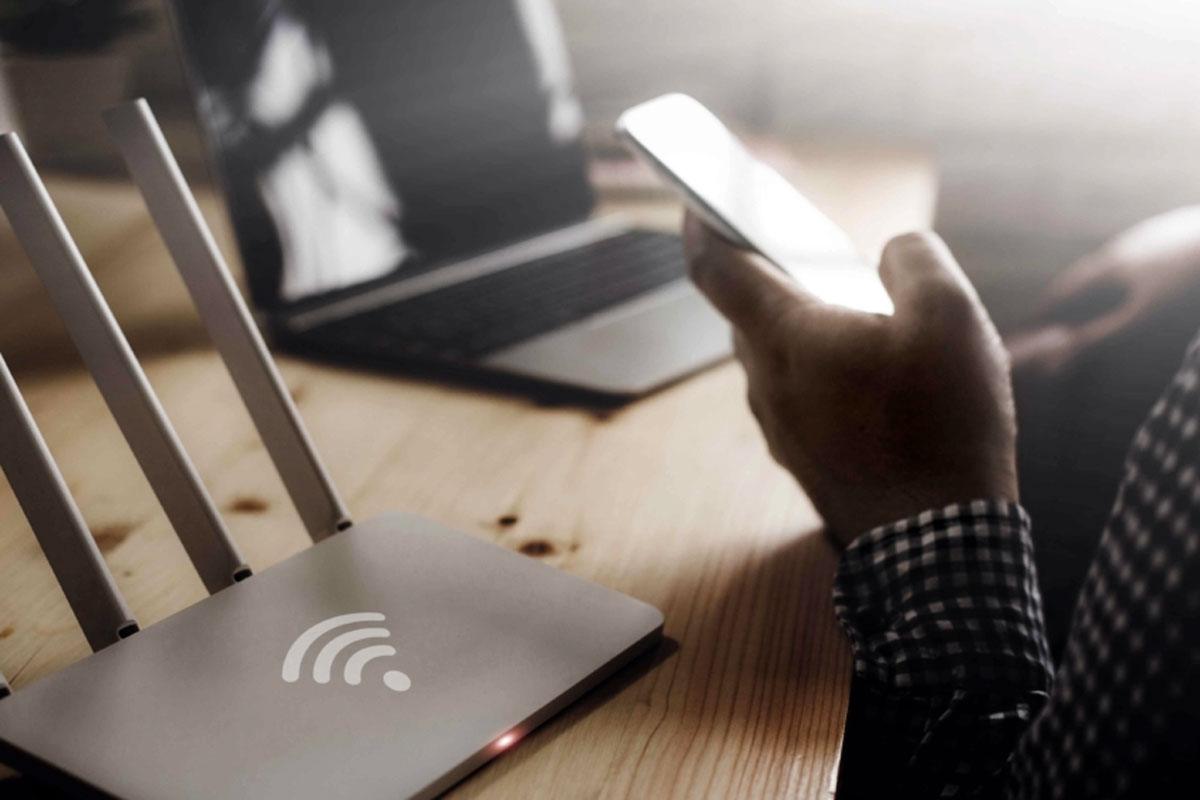 MARYVILLE – To help provide much-needed resources to students learning remotely during the COVID-19 pandemic, school districts in the 56th Illinois Senate District are set to receive more than $1.1 million in government funding to improve students’ access to e-learning technology.
MARYVILLE – To help provide much-needed resources to students learning remotely during the COVID-19 pandemic, school districts in the 56th Illinois Senate District are set to receive more than $1.1 million in government funding to improve students’ access to e-learning technology.
“As teachers and students adjust to e-learning, many school districts are struggling with the cost of ensuring all students have access to a computer and an internet connection,” Crowe said. “I’m pleased to see the state is committed to relieving taxpayers of these additional costs.”
The Digital Equity Formula Grants, funded by the federal Coronavirus Aid, Relief, and Economic Security Act, are intended to help schools bridge the digital divide. School districts can use the funds to expand connectivity and provide students with devices like computers or tablets.
School districts in the 56th District receiving funds include:
- Bethalto CUSD #8 - $165,087
- Collinsville CUSD #10 - $378,231
- Alton CUSD #11 - $368,590
- East Alton Sd #13 - $67,916
- East Alton-Wood River CHSD #14 - $61,869
- Wood River-Hartford ESD #15 - $65,436
Funding was allocated using a need-based formula. The full list of school grantees can be found on the Illinois State Board of Education website.
- Details
- Category: Senator Patricia Van Pelt News
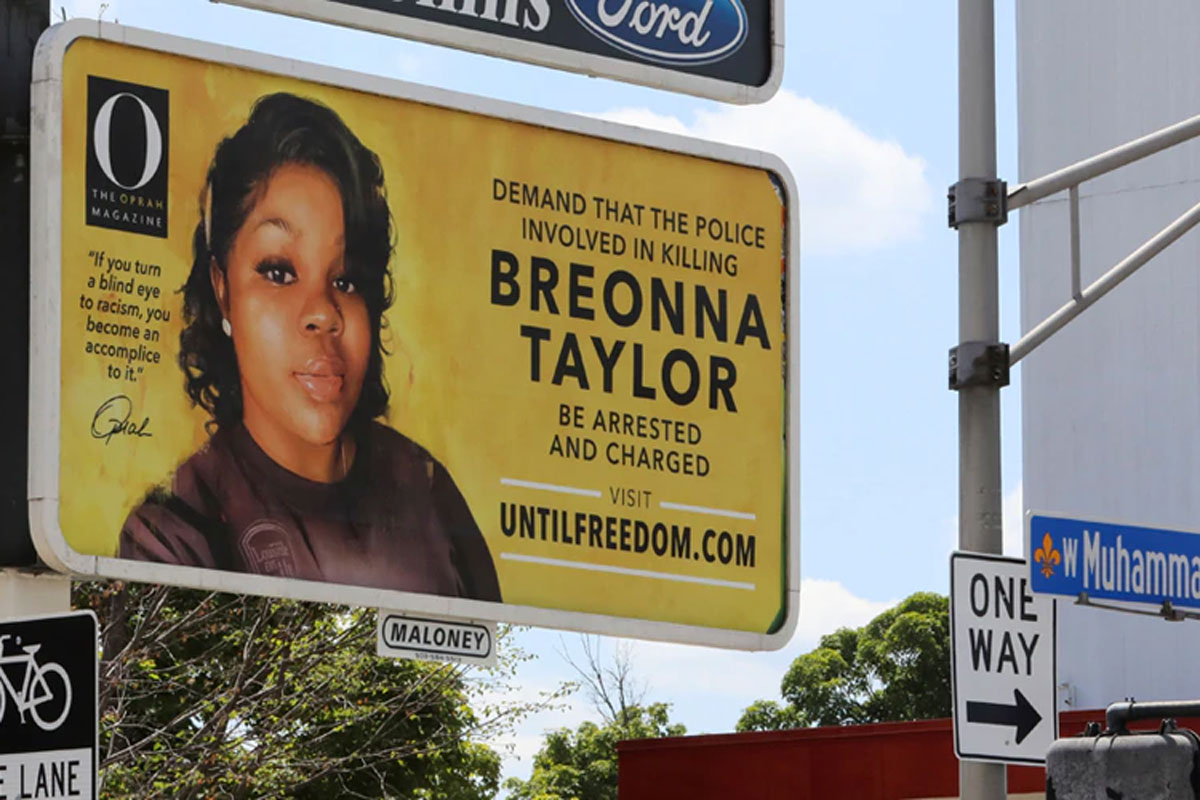 CHICAGO – Wednesday, a grand jury indicted a former police officer involved in the March shooting of Breonna Taylor, but on charges of wanton endangerment. None of the three officers involved in the shooting were charged for Breonna’s death, and State Senator Patricia Van Pelt (D-Chicago) is infuriated.
CHICAGO – Wednesday, a grand jury indicted a former police officer involved in the March shooting of Breonna Taylor, but on charges of wanton endangerment. None of the three officers involved in the shooting were charged for Breonna’s death, and State Senator Patricia Van Pelt (D-Chicago) is infuriated.
“This is one of the grossest acts of injustice I have seen in my lifetime. This decision made by the grand jury suggests that the walls of Breonna’s neighbors mattered more than her life. Further, this decision is proof that the system is deeply flawed, and so broken that there is no accountability for the people who murdered Breonna Taylor in her own home.
“So again, our cry, ‘Black Lives Matter,’ has fallen upon deaf ears. Again, we have seen those who are supposed to protect and serve take life and evoke fear. But we will not stay silent. We will keep marching, we will keep demanding equality, and protesting peacefully.
“And I will not stop fighting until there is no longer a need for hashtags for those who have lost their lives unjustly. Breonna Taylor’s life mattered, and I pray for peace for her family and loved ones.”
- Details
- Category: Senator Kimberly A. Lightford News
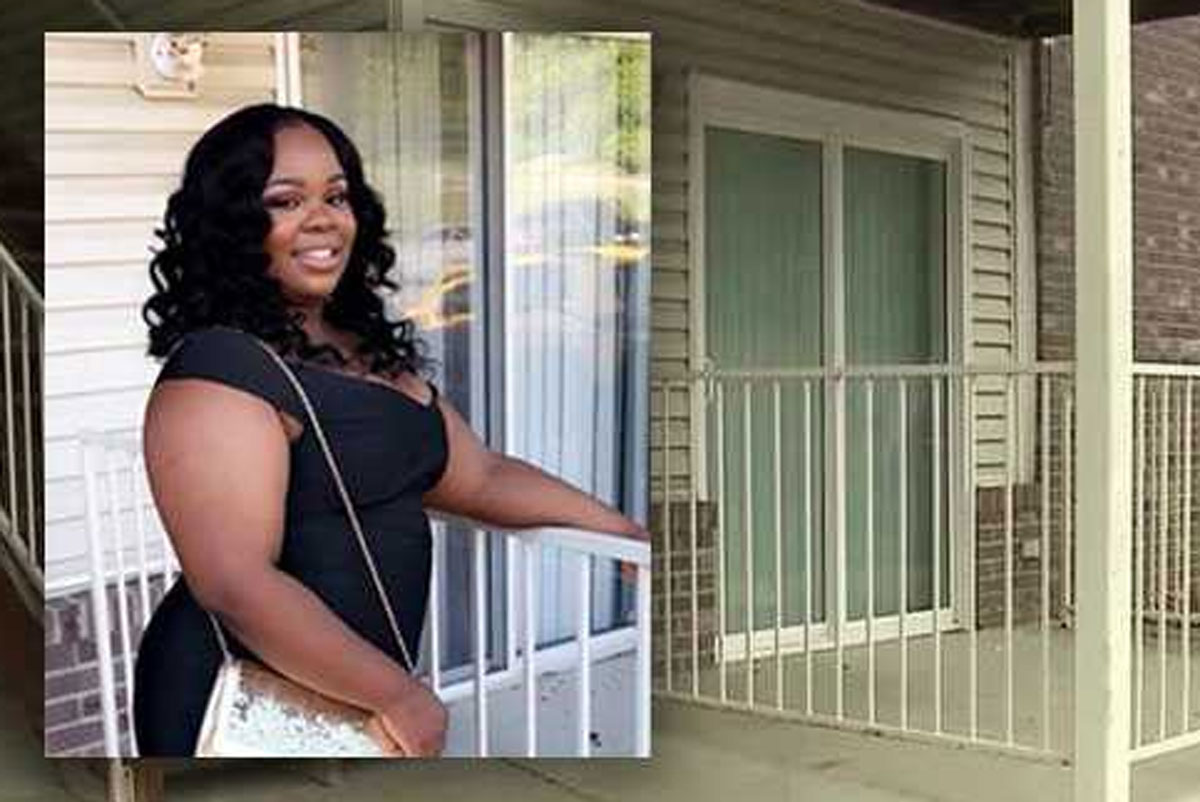 CHICAGO—Members of the Illinois Legislative Black Caucus spoke out Wednesday on news that a grand jury failed to indict three Louisville officers, Brett Hankison, Jonathan Mattingly and Myles Cosgrove, for killing Breonna Taylor in her sleep in March. Ex-police officer Brett Hankison was indicted on three counts of wanton endangerment, and the other officers face no charges.
CHICAGO—Members of the Illinois Legislative Black Caucus spoke out Wednesday on news that a grand jury failed to indict three Louisville officers, Brett Hankison, Jonathan Mattingly and Myles Cosgrove, for killing Breonna Taylor in her sleep in March. Ex-police officer Brett Hankison was indicted on three counts of wanton endangerment, and the other officers face no charges.
State Senator Kimberly A. Lightford, ILBC Chair
“The charges are devastatingly unbefitting of Breonna Taylor’s tragic death. The sheer lack of accountability for the officers who killed Breonna is yet another clear example of how the justice system does not protect Black lives,” Lightford said. “We share the frustration and anger of our fellow community members and the activists who are tired of the rampant injustice in our justice system.
Read more: Black Caucus outraged at lack of accountability for Breonna Taylor’s killers
- Details
- Category: Senator Elgie R. Sims Jr. News
 CHICAGO— Senator Elgie R. Sims, Jr. (D-Chicago) released the following statement after news Wednesday that a grand jury charged ex-police officer Brett Hankison on three counts of wanton endangerment and did not charge two Louisville police officers, Jonathan Mattingly and Myles Cosgrove who also fired weapons in the shooting that killed Breonna Taylor:
CHICAGO— Senator Elgie R. Sims, Jr. (D-Chicago) released the following statement after news Wednesday that a grand jury charged ex-police officer Brett Hankison on three counts of wanton endangerment and did not charge two Louisville police officers, Jonathan Mattingly and Myles Cosgrove who also fired weapons in the shooting that killed Breonna Taylor:
“Today’s decision was disappointing to say the least. The charges fall incredibly short of holding these bad actors accountable and just add to the devastation felt by Breonna Taylor’s family and our communities.
“The fact that none of the officers was charged directly for Breonna’s death makes it clear that our justice system does not equally value Black life, and that has to change.
“We must not allow our anger and frustration to deter us from seeking justice and equity. It is vital that we remain peaceful to effect change and honor Breonna’s memory. I will continue to work with my colleagues and community leaders until our justice system provides justice to all people.”
More Articles …
- Manar announces $2 million in grants to local schools to help expand access to remote learning technology
- Peters comments on lack of meaningful charges in "exhausting," "upsetting" Breonna Taylor case
- Lightford: Breonna Taylor deserved to live
- Senate committee hearing to focus on Black Caucus’ education agenda
Page 625 of 768


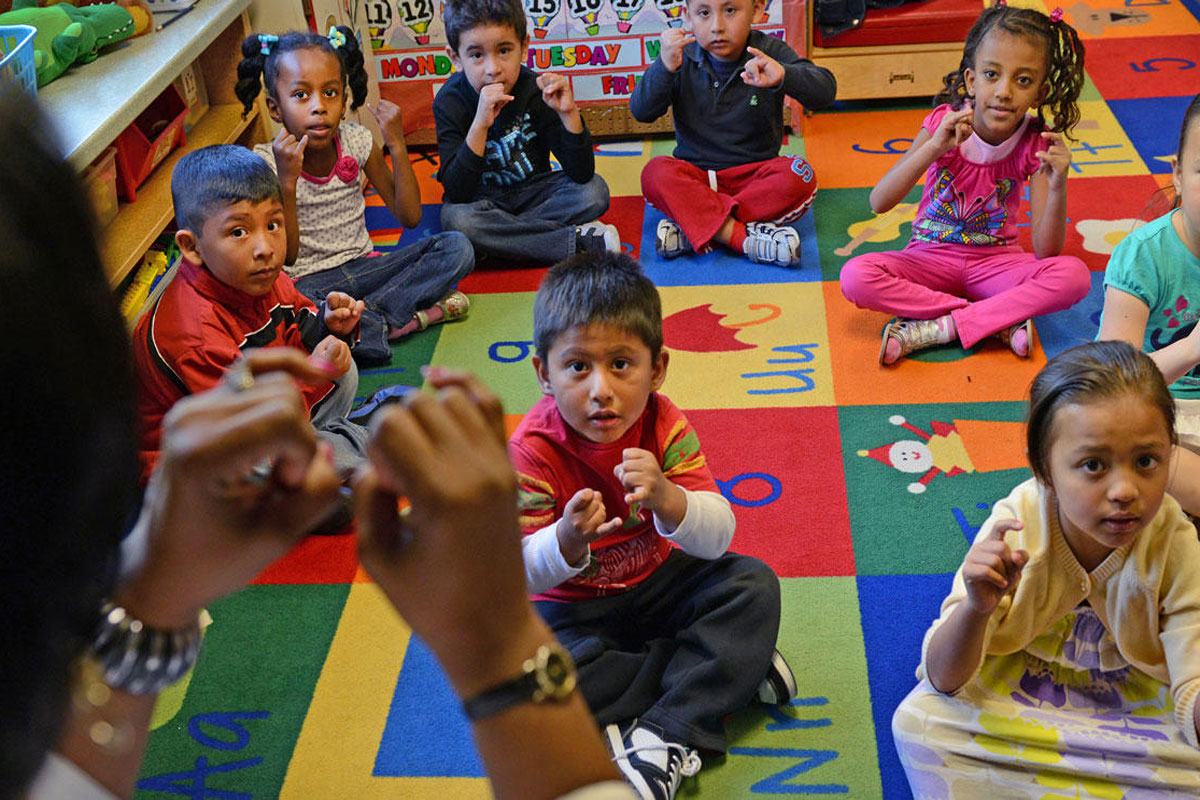












 © 2026 Illinois Senate Democratic Caucus
© 2026 Illinois Senate Democratic Caucus